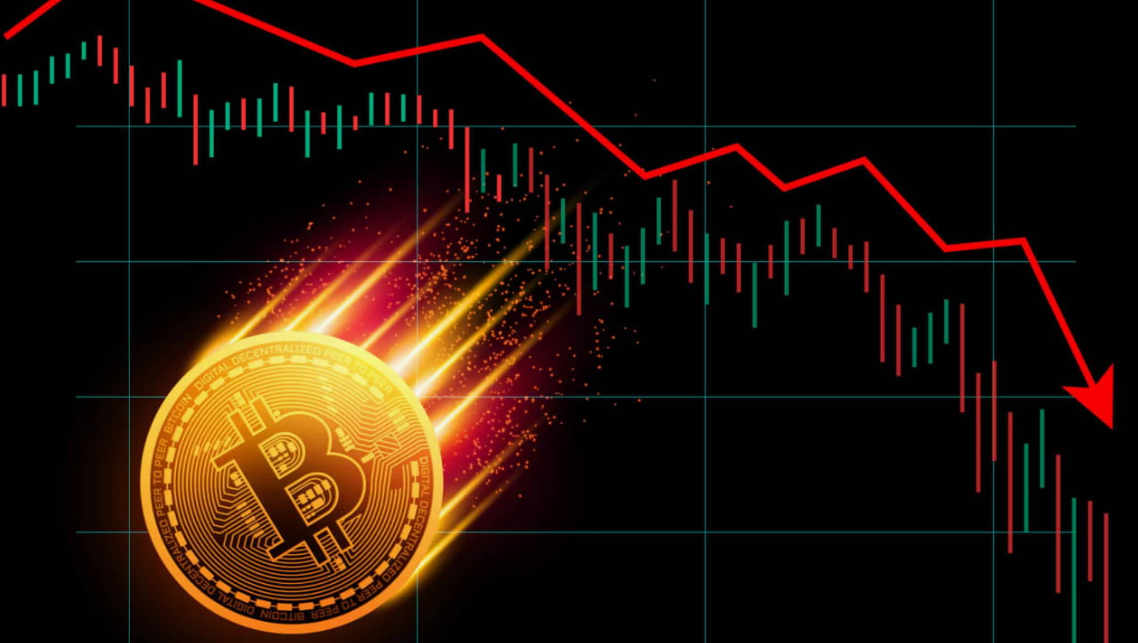Hey there, fellow traders and finance enthusiasts! If you’ve been in the trading game for a while, you know that patience isn’t just a virtue; it’s a must-have. Trading can be super exciting, but it can also be super stressful. Whether you’re trading forex, stocks, or even crypto, the urge to jump in and make quick decisions can be overwhelming. But let me tell you, taking a step back and practicing patience can really pay off in the long run. In this article, we’ll explore why patience is crucial in trading and how it can help you become a better trader. We’ll also dive into some practical tips to cultivate that patience, especially when using live forex rates, and we’ll wrap it up with some FAQs.
The Importance of Patience in Trading
Understanding Market Fluctuations
The market is like a roller coaster—up and down, round and round! Understanding these fluctuations is key. When you trade, it’s easy to get caught up in every little movement. But remember, the market is influenced by tons of factors: economic reports, geopolitical events, and even trader sentiment. Patience allows you to take a step back, analyze these influences, and make informed decisions rather than knee-jerk reactions.
The Pitfalls of Impulsiveness
Ever had that moment when you just had to make a trade because you felt like it? We’ve all been there. Impulsive trading often leads to losses. If you’re constantly reacting to every price change, you’re likely to lose sight of your overall strategy. Instead, practicing patience can help you stick to your plan and avoid emotional trading.
- Think Before You Act: Always ask yourself, “Does this trade fit my strategy?”
- Avoid FOMO: Fear of missing out can make you rush into trades that don’t align with your goals.
Building a Long-Term Strategy
Trading isn’t just about making quick profits; it’s about building a sustainable strategy. Patience helps you develop a long-term approach that aligns with your financial goals. For example, you might want to hold onto certain trades until you see substantial profit rather than cashing out too early. This long-term mindset will help you weather market fluctuations and reduce stress.
Tips for Cultivating Patience
Set Realistic Goals
One of the first steps in developing patience is setting realistic trading goals. Instead of expecting to double your investment overnight, focus on steady growth over time. Here are some tips to help you set those goals:
- Define Your Success: What does success look like for you? Is it a specific percentage of growth? More experience?
- Break It Down: Set smaller, achievable milestones that lead to your larger goal. Celebrate those wins!
- Keep a Trading Journal: Document your trades and thoughts. This helps you see your progress and reinforces patience.
Use Real-Time Data Wisely
In today’s trading environment, having access to live forex rates and real-time market data can be both a blessing and a curse. Here’s how to use it to your advantage:
- Stay Informed: Use platforms like FXpricing to track market trends and developments. Knowing the current rates and movements can help you make better decisions.
- Don’t Rush: Just because you have access to real-time data doesn’t mean you need to act immediately. Take your time to analyze the information before making a move.
Practice Mindfulness and Emotional Control
Trading can be a rollercoaster of emotions, from excitement to anxiety. Here are some ways to manage those feelings:
- Take Breaks: Step away from your screens when you feel overwhelmed. Go for a walk or do something you enjoy to clear your mind.
- Breathe: Simple breathing exercises can help calm your nerves. Inhale deeply for a count of four, hold for four, and exhale for four. Repeat this until you feel centered.
The Role of Analysis in Trading Patience
Analyzing Data Effectively
As a trader, you have to constantly analyze data, especially with live forex rates. This analysis is crucial for making informed decisions. Take your time to look at the charts and indicators before jumping into trades. Here are some analysis methods you might consider:
- Technical Analysis: Look at historical price movements to predict future trends. It’s like reading the market’s mood!
- Fundamental Analysis: Understand the economic indicators affecting your trades. Keep an eye on news releases and reports to see how they impact the market.
Hypothetical Examples of Patience Paying Off
Let’s say you’re trading the EUR/USD pair, and the price suddenly drops due to a negative economic report. An impatient trader might panic and sell, fearing further losses. But what if you take a moment to assess the situation?
- Wait It Out: After doing some analysis, you see that the price might rebound based on previous trends. You hold your position, and guess what? The market bounces back! That’s the power of patience.
Personal Insights on Patience in Trading
As a trader myself, I’ve learned that patience isn’t just about waiting; it’s about having confidence in your strategy. I remember a time when I felt pressure to act quickly because everyone around me was making trades. But instead of joining the frenzy, I stuck to my analysis and waited for the right moment. In the end, my patience paid off with a significant profit.
Trading is like a marathon, not a sprint. Those who take their time and stay focused are the ones who will cross the finish line successfully.
Conclusion
So, why does patience pay off in the trading world? Because it allows you to make informed decisions, avoid impulsive actions, and build a solid long-term strategy. By setting realistic goals, using real-time data wisely, and managing your emotions, you’ll be well on your way to becoming a more successful trader.
Remember, every trader has their ups and downs, but with patience, you can navigate the market’s twists and turns with confidence. Now, go out there and embrace the art of patience in your trading journey!
FAQs
1. How can I develop more patience in trading?
Developing patience takes practice. Set realistic goals, keep a trading journal, and take breaks when you feel overwhelmed.
2. Why is it important to analyze data before trading?
Analyzing data helps you make informed decisions and reduces the risk of impulsive trades.
3. How can live forex rates help me in my trading?
Live forex rates provide real-time information about market movements, allowing you to make timely and informed trading decisions.
4. What should I do if I feel anxious about a trade?
Take a break, practice mindfulness, and remind yourself of your trading strategy. It’s okay to step back.
5. Is it better to trade frequently or hold positions longer?
It depends on your trading strategy and goals. Some traders benefit from frequent trades, while others find success in holding longer. Patience is key in both approaches.





